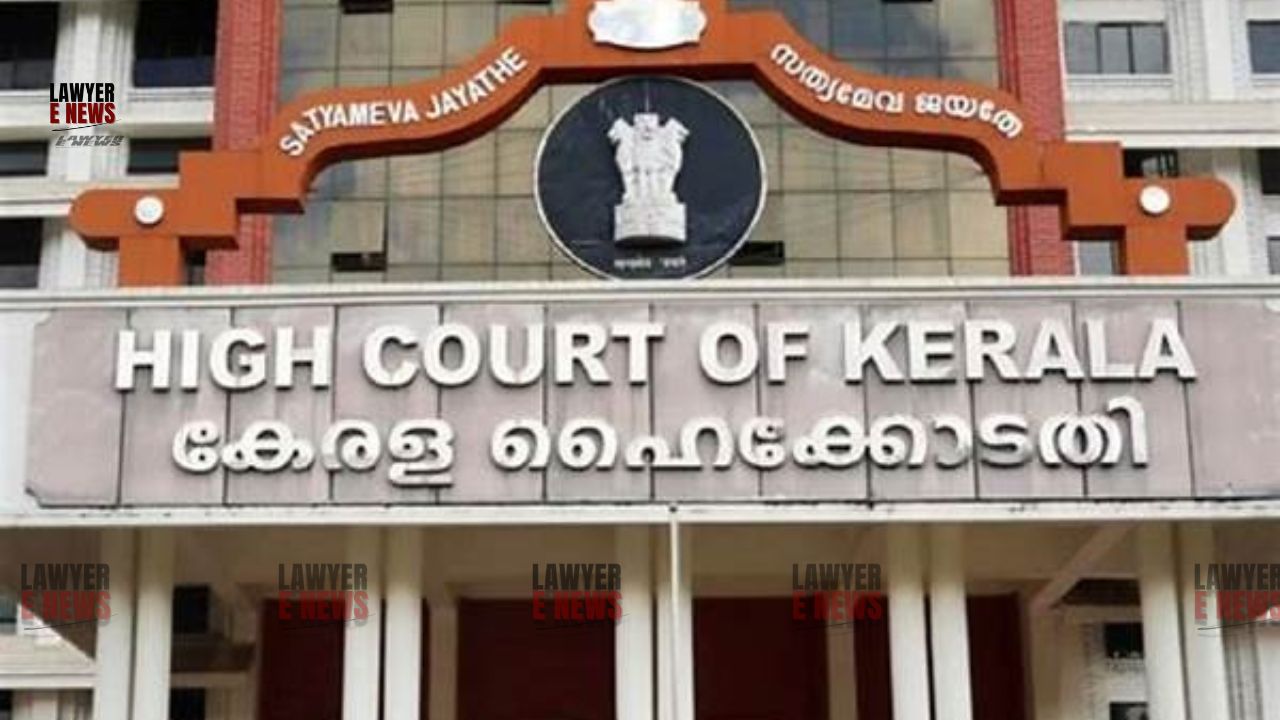-
by Admin
15 February 2026 5:35 AM



“Sting Operations Must Adhere to Legal Standards Despite Public Interest,” Emphasizes Justice P.V. Kunhikrishnan - The Kerala High Court has quashed the proceedings against two journalists accused of attempting to record a statement from an under-trial prisoner during a jail visit, a violation of Sections 86 and 87 of the Kerala Prisons and Correctional Services (Management) Act, 2010. Justice P.V. Kunhikrishnan emphasized the importance of press freedom but underscored that it does not shield the press from adhering to legal boundaries.
Petitioners Pradeep and Prasanth, associated with Reporter TV, were charged after they tried to record a statement from Joppan, an under-trial prisoner linked to a high-profile scam, using a mobile phone during a jail visit. This act was intercepted by jail authorities, leading to the registration of Crime No.1123/2013 by the Pathanamthitta Police, and subsequent charges under the Kerala Prisons Act. The journalists sought to quash these proceedings, asserting their actions were aimed at news gathering without malicious intent.
Justice Kunhikrishnan acknowledged the crucial role of the press in a democratic society, quoting, “The pen is mightier than the sword,” but stressed the necessity for the media to operate within the legal framework. He elaborated on the importance of the press in holding power accountable, yet maintained that this responsibility does not justify illegal actions.
The court referred to Supreme Court judgments on sting operations, noting that while such operations can serve public interest, they must comply with legal standards. “A sting operation is based on deception and, therefore, it would attract legal restrictions with far greater stringency,” the court remarked, citing the Supreme Court’s stance in R.K. Anand v. Registrar, Delhi High Court, 2009.
The court observed that the journalists’ attempt to record the prisoner’s statement stemmed from an over-enthusiastic pursuit of news rather than malicious intent. Given that no actual recording was made due to the intervention of jail authorities, the court deemed the continuation of prosecution unnecessary. Justice Kunhikrishnan stated, “The act of the petitioners was only with an intention to get news and there is no intentional act to violate the law.”
Justice Kunhikrishnan emphasized the balance between press freedom and adherence to legal constraints. He noted that while sting operations can uncover significant truths and serve public interest, they must not infringe upon statutory provisions or individual rights. The court reiterated that each case must be scrutinized on its facts to determine whether the actions of the press were justified or constituted a violation of the law.
“The freedom of the press may not include the ‘sting operation’ in all situations. Whether a ‘sting operation’ was to find out the truth and to communicate the same to the citizen has to be decided based on the facts of each case,” Justice Kunhikrishnan asserted. He further added, “The continuation of the prosecution against the petitioners, who are admittedly media persons, is not necessary.”
The High Court’s decision to quash the proceedings against Pradeep and Prasanth underscores the judiciary’s nuanced approach to balancing press freedom with legal accountability. This judgment serves as a reminder that while the press plays a vital role in democracy, it must operate within the bounds of the law. The ruling is expected to have significant implications for future cases involving media conduct and investigative journalism.
Date of Decision: July 8, 2024
